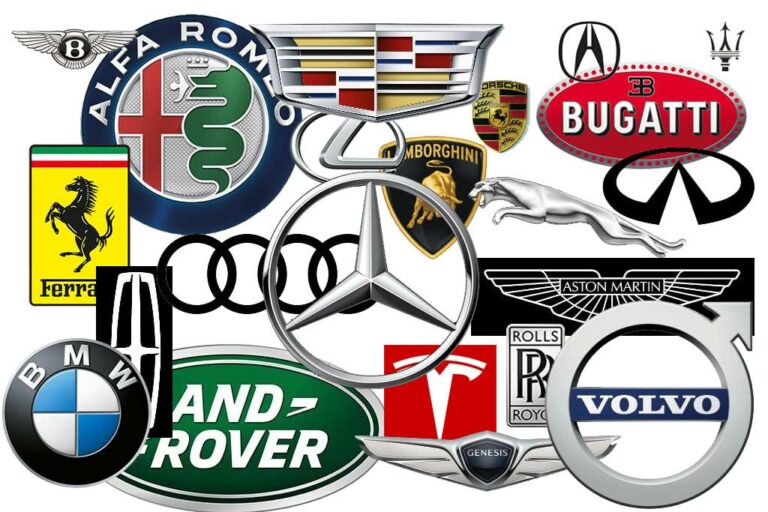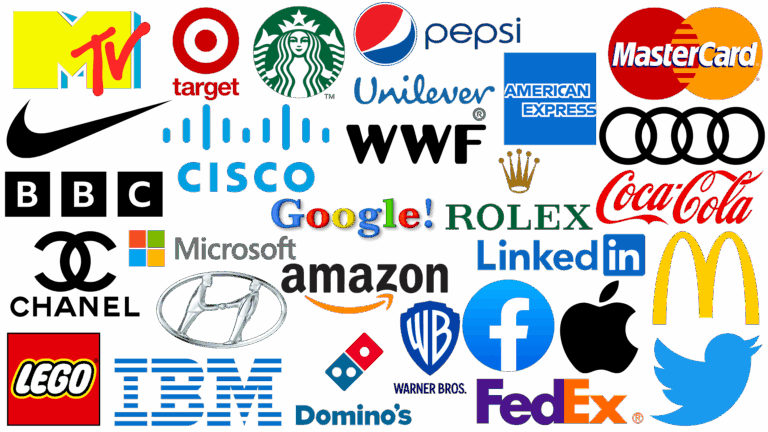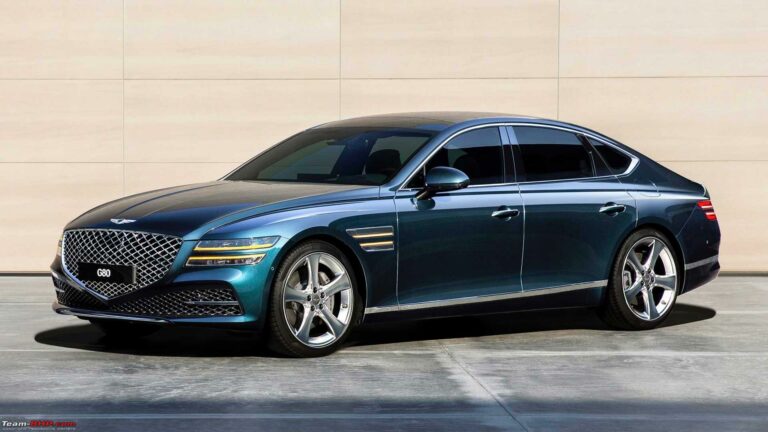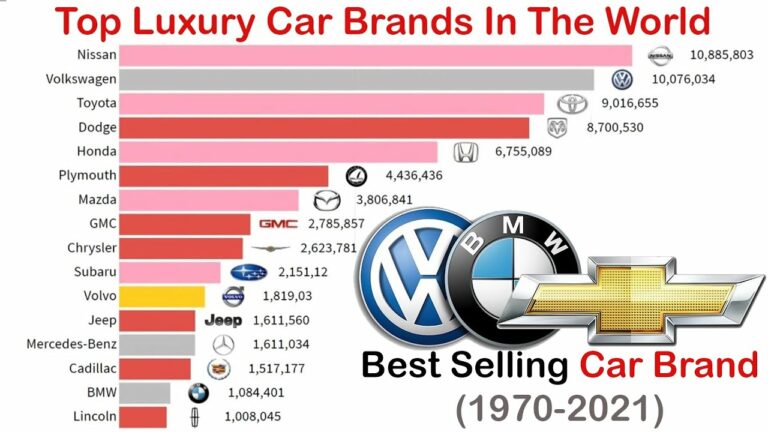Can You Get A Brand New Car With No Credit?
Can You Get A Brand New Car With No Credit? cars.truckstrend.com
For many, the dream of driving a brand new car is synonymous with freedom, reliability, and a fresh start. However, this dream often collides with a significant hurdle: credit. In today’s financial landscape, a strong credit history is the invisible key that unlocks many doors, especially when it comes to securing large loans like those for a new vehicle. But what if you’re just starting out, new to the country, or have simply avoided credit altogether? Can you truly get a brand new car with no credit?
The short answer is: Yes, it is possible, but it comes with significant challenges and often requires strategic planning. "No credit" is distinct from "bad credit." Bad credit indicates a history of missed payments or financial difficulties, whereas no credit simply means you haven’t established a borrowing history with lenders. While the latter might seem less problematic, it still presents a substantial risk for lenders, as they have no way to assess your reliability in repaying debt. This comprehensive guide will delve into the realities, strategies, and practical steps involved in securing a new car when your credit file is a blank slate.
Can You Get A Brand New Car With No Credit?
The Reality of No Credit and Car Purchases
Before exploring solutions, it’s crucial to understand why lenders heavily rely on credit scores and reports.
Why Credit Matters to Lenders:
Lenders are in the business of assessing risk. When you apply for a loan, they want to know if you’re likely to repay the money borrowed. Your credit history serves as a financial report card, detailing your past borrowing behavior, payment timeliness, and overall financial responsibility. Without this history, lenders operate in the dark, making them hesitant to approve a significant loan like a new car purchase.
What "No Credit" Truly Means:
It means you haven’t taken out loans, credit cards, or lines of credit that report to major credit bureaus (Experian, Equifax, TransUnion). This is common for:
- Young adults just entering the workforce.
- Recent immigrants to a new country.
- Individuals who prefer to pay for everything in cash and have never needed credit.

While admirable in terms of avoiding debt, this approach leaves you without the "proof" lenders need. The default assumption for a lender, without any credit history, is often one of higher risk, leading to either outright rejection or less favorable loan terms.
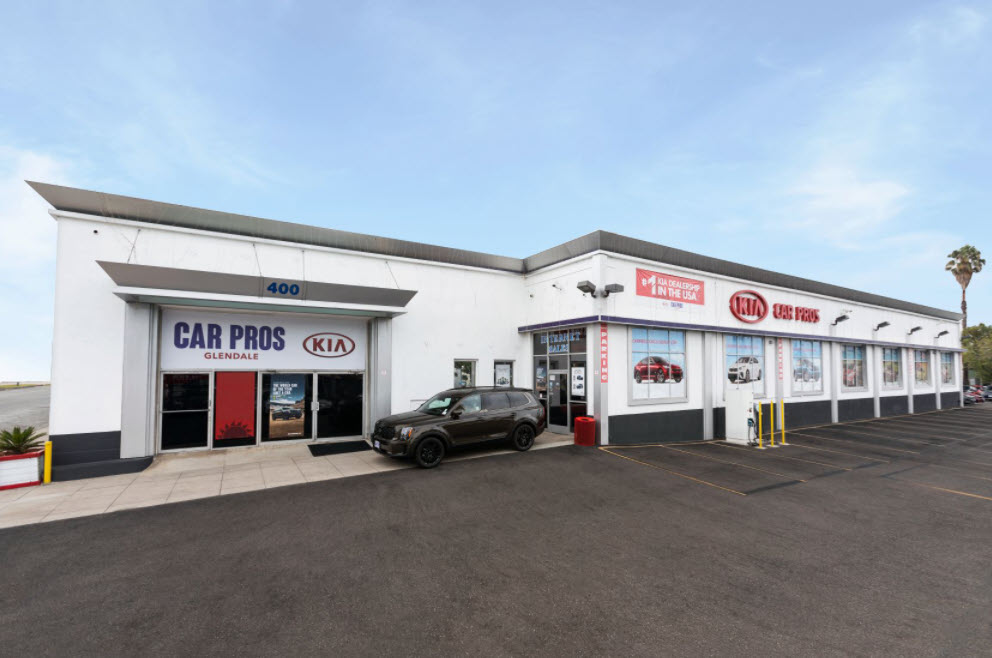
Strategies for Getting a New Car with No Credit
Navigating the new car market without a credit history requires creativity, patience, and a willingness to explore various avenues. Here are the most viable strategies:
1. Make a Substantial Down Payment
This is arguably the most effective and straightforward strategy for mitigating lender risk when you have no credit.

- How it Works: A significant down payment reduces the amount you need to borrow, thereby lowering the lender’s exposure to risk. If you can put down 20% or more of the car’s purchase price, you’re signaling to the lender that you’re serious about the purchase and have a vested interest in the vehicle.
- Benefits:
- Increases your chances of loan approval.
- Potentially secures a lower interest rate, even with no credit, because the loan amount is smaller.
- Reduces your monthly payments.
- You build equity in the car faster.
- Actionable Insight: Start saving aggressively. The more cash you can put down, the better your chances and the more favorable your loan terms will be.
2. Find a Co-signer
A co-signer is an individual with an excellent credit history who agrees to be equally responsible for the loan repayment if you default.
- How it Works: The co-signer’s strong credit profile offsets your lack of one, giving the lender the security they need. If you miss payments, the co-signer is legally obligated to cover them, and their credit will be negatively impacted.
- Benefits:
- Significantly boosts your chances of approval.
- Can help you qualify for a much lower interest rate than you would get on your own.
- Provides an opportunity for you to build your own credit history by making on-time payments.
- Considerations:
- This is a significant favor. Choose someone you trust implicitly and who trusts you (e.g., a parent, close relative).
- Ensure both parties understand the full implications. A missed payment hurts both your credit scores.
- Have a clear agreement with your co-signer on how payments will be handled.
3. Explore Dealership Financing with Special Programs
Some dealerships, especially larger ones affiliated with major car manufacturers, offer specific programs designed for first-time buyers or those with limited credit.
- How it Works: These programs are typically aimed at attracting new customers and building brand loyalty. They might have slightly more lenient lending criteria, sometimes focusing more on your income and employment stability than just credit history.
- Benefits:
- Direct pathway to a new car through the dealership itself.
- Can be a quicker process than applying through multiple external lenders.
- Considerations:
- Higher Interest Rates: Expect to pay a higher interest rate than someone with established good credit, as the lender is taking on more risk.
- Limited Vehicle Choice: These programs might be restricted to certain vehicle models or require shorter loan terms.
- Beware of Predatory Lenders: While legitimate programs exist, some less reputable dealerships might offer highly unfavorable terms. Always read the fine print.
4. Leverage Credit Unions and Community Banks
Credit unions and smaller community banks often have a more personalized approach to lending compared to large national banks.
- How it Works: They are member-focused institutions and may be more willing to look beyond just your credit score. They might consider other factors such as your employment history, residency stability, relationship with the institution (if you already bank there), and even personal character references.
- Benefits:
- Potentially more flexible approval criteria.
- Often offer competitive rates once approved.
- Building a relationship with a credit union can be beneficial for future financial needs.
- Actionable Insight: Open an account and establish a banking relationship with a local credit union or community bank a few months before you plan to apply for a car loan. Show consistent deposits and responsible money management.
5. Consider "Buy Here, Pay Here" Dealerships (with Extreme Caution)
These dealerships directly finance the vehicles they sell, often catering specifically to individuals with bad credit or no credit.
- How it Works: They approve loans in-house, bypassing traditional banks and credit checks. Payments are made directly to the dealership.
- Benefits:
- High approval rates, almost guaranteed if you have a stable income.
- MAJOR CAVEATS:
- Exorbitant Interest Rates: These are notoriously high, often in the double digits, significantly increasing the total cost of the car.
- Less Desirable Vehicles: The inventory often consists of older, higher-mileage used cars, not brand new ones. While the article is about new cars, some might consider this as a last resort, but it’s rarely for a new car.
- Limited Credit Building: Many "Buy Here, Pay Here" dealerships do not report payments to major credit bureaus, meaning you won’t build credit history, defeating one of the key long-term goals.
- Aggressive Repossession Policies: Defaulting on even one payment can lead to quick repossession.
- Recommendation: This option should be considered a last resort, if at all, and almost certainly won’t get you a brand new car. Focus on the other strategies first.
6. Build Credit First (The Most Financially Sound Approach)
While you might be eager for a new car now, taking 6-12 months to establish a basic credit history can significantly improve your chances and save you a substantial amount of money in the long run.
- How to Build Credit:
- Secured Credit Card: You provide a deposit (e.g., $300-$500), which becomes your credit limit. Use it for small purchases and pay the balance in full and on time every month. This demonstrates responsible credit usage.
- Small Installment Loan: Some banks or credit unions offer "credit-builder loans" where the loan amount is held in a savings account while you make payments. Once paid off, you get the money, and your on-time payments are reported.
- Authorized User: Ask a trusted family member with excellent credit to add you as an authorized user on one of their credit cards. Their positive payment history can reflect on your report.
- Benefits:
- Opens the door to traditional lenders and lower interest rates.
- Provides long-term financial benefits beyond just a car loan.
- Empowers you with more financial freedom and better loan terms in the future.
- Actionable Insight: If you’re not in urgent need of a car, this is the most responsible and cost-effective path.
Preparing for the Purchase (Even with No Credit)
Regardless of the strategy you choose, preparation is key.
- Budget Realistically: Don’t just think about the monthly car payment. Factor in insurance (which can be higher for new drivers or those with no credit), fuel, maintenance, registration, and potential depreciation. Use an online car loan calculator to see how different interest rates affect your monthly payments.
- Gather Documentation: Lenders will want proof of income (pay stubs, tax returns), employment stability (employer contact info), proof of residence (utility bills, lease agreement), and identification.
- Understand Interest Rates: With no credit, expect interest rates to be higher than average. Anything in the single digits is generally good; double-digit rates are common. Focus on the total cost of the loan, not just the monthly payment.
- Research Vehicles: Instead of aiming for a luxury car, consider a reliable, affordable new car that meets your needs. Entry-level sedans or compact SUVs are often easier to finance and insure.
- Shop Around for Financing FIRST: Before stepping onto a dealership lot, try to get pre-approved for a loan from a credit union or bank. This gives you leverage and a benchmark interest rate. If the dealership offers a better rate, great! If not, you have an alternative.
Potential Challenges and Solutions
Even with the right strategies, you might encounter hurdles.
- Challenge: High Interest Rates
- Solution: Shop around extensively. If you secure a loan with a high rate, commit to making timely payments to build credit, and then explore refinancing options after 6-12 months of perfect payments.
- Challenge: Limited Vehicle Choice
- Solution: Be flexible. Your first new car might not be your dream car. Focus on reliability, safety, and affordability.
- Challenge: Difficulty Getting Approved Alone
- Solution: Consider a co-signer or dedicate time to building credit before applying.
- Challenge: Predatory Lenders
- Solution: Always read the loan agreement thoroughly. Understand all fees, interest rates, and terms. Never feel pressured to sign on the spot. If something feels off, walk away. Check the lender’s reputation online.
Strategies for New Car Purchase with No Credit: A Comparative Overview
| Strategy | Typical Down Payment Needed | Typical Interest Rate (No Credit) | Approval Likelihood | Credit Building Potential | Key Considerations/Risks |
|---|---|---|---|---|---|
| Substantial Down Payment | 20% or more | Moderate-High (but can be lower) | High | Good | Requires significant savings; less money borrowed means less risk for lender. |
| Co-signer | Varies (0-10% often) | Moderate-Low (based on co-signer) | Very High | Excellent | Relies on another person’s credit; co-signer takes on full risk if you default. |
| Dealership Special Programs | Varies (often 0-10%) | High | Moderate-High | Good | Rates can be higher; limited vehicle selection; always read terms carefully. |
| Credit Unions / Community Banks | Varies (often 5-10%) | Moderate-High | Moderate | Excellent | Requires existing relationship or proof of stability; may be more flexible. |
| Buy Here, Pay Here | Often Low (or none) | Extremely High | Very High | Poor (often not reported) | High risk of repossession; older, used cars; not ideal for new cars. |
| Build Credit First | N/A (focus on credit tools) | N/A (pre-loan strategy) | N/A (pre-loan strategy) | Excellent | Requires patience (6-12 months); delays new car purchase. |
Frequently Asked Questions (FAQ)
Q1: How long does it take to build credit from scratch?
A1: You can start establishing a credit history in as little as 6 months, but a solid, diverse credit file often takes 12-24 months to develop. Consistent, on-time payments are crucial.
Q2: What is considered a "good" down payment amount for a new car?
A2: For those with no credit, a down payment of 20% or more of the vehicle’s purchase price is considered substantial and significantly improves your chances of approval and better loan terms.
Q3: Will getting a co-signer hurt their credit?
A3: Not directly, as long as you make all payments on time. However, the loan will appear on their credit report, increasing their debt-to-income ratio, which could slightly affect their ability to get new credit in the short term. If you miss payments, their credit will be severely damaged.
Q4: Are "no credit check" loans safe?
A4: Generally, no. "No credit check" often implies "Buy Here, Pay Here" dealerships or predatory lenders who charge extremely high interest rates and offer unfavorable terms. They are typically a last resort and not recommended for new car purchases.
Q5: Can I lease a car with no credit?
A5: Leasing typically requires a credit check, similar to buying. It might be even more challenging than buying with no credit, as lenders prefer a strong credit history for lease agreements. A co-signer or a substantial security deposit might be options.
Q6: What documents do I need when applying for a car loan with no credit?
A6: You’ll typically need:
- Government-issued ID (driver’s license, passport)
- Proof of income (recent pay stubs, bank statements, tax returns)
- Proof of residence (utility bills, lease agreement)
- References (sometimes, especially with credit unions)
- Proof of insurance (before driving off the lot)
Conclusion
The journey to getting a brand new car with no credit can feel daunting, but it is far from impossible. While traditional lenders might initially shy away, strategic planning, a willingness to make a significant down payment, securing a reliable co-signer, or patiently building your credit history can pave the way.
Remember, the goal isn’t just to get the car, but to do so on terms that are sustainable and contribute positively to your financial future. By understanding your options, preparing diligently, and choosing the path that best suits your circumstances, you can turn the dream of driving a new car into a reality, all while laying the groundwork for a strong credit foundation. Patience, research, and a clear understanding of the financial commitment are your best allies in this endeavor.

